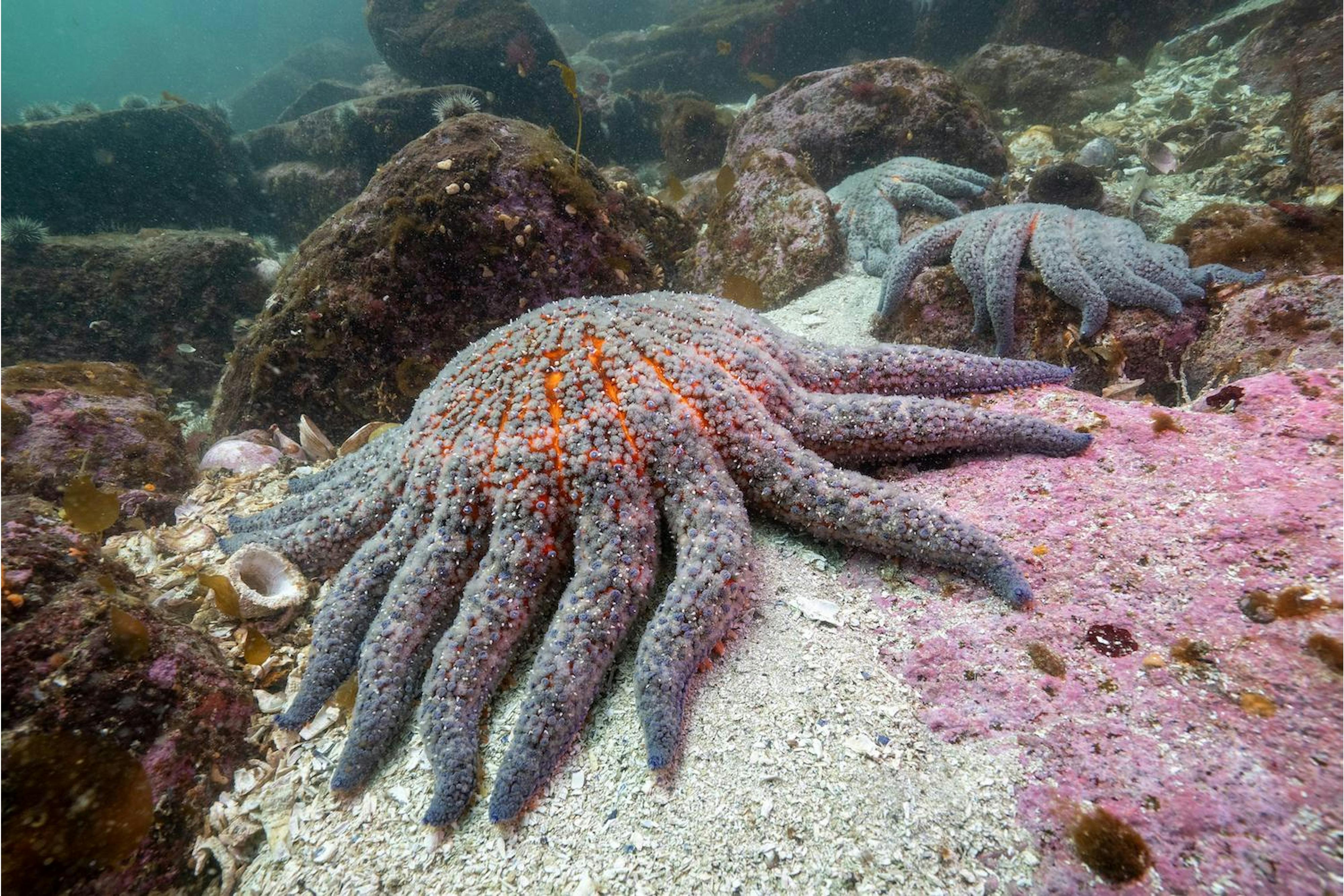Plans to Re-Open Mines Near Native American Lands Raise Environmental and Human Health Concerns
Momentum is building to initiate new uranium mining efforts in northern New Mexico, where land that is sacred to local Native Americans contains the richest uranium deposit in the United States. Uranium mining is not new to this area; Mount Taylor, New Mexico and surrounding communities have previously experienced the economic benefits from the establishment of uranium mines, the economic difficulties from the cessation of mining efforts, and a legacy of contamination from uranium mining.
Local residents are concerned about the new mining efforts because of their past experiences. Uranium mining can require up to 12 million gallons of water per day, which is taken out of the mine and runs off on the surface of the land surrounding the mine. Not only does this deposit new contamination, but it also can mobilize contamination that remains settled in the ground from previous uranium mining.
Across New Mexico, hundreds of mounds of toxic waste and contaminated community water sources remain from previous mining efforts. Most of the surrounding area consists of low income citizens, and the majority of the sparse population is indigenous peoples. Local residents feel that, because of these factors, restoring the land used for mining was not a priority for the mining companies. Mining companies maintain that the cost of restoring the land is prohibitive.
Uranium mining is currently regulated by the 1872 Mining Law, which permits mining companies to remove as much uranium as they wish without paying royalties or being responsible for clean-up and restoration efforts. Potential new regulations would identify uranium as an energy source and establish guidelines similar to those currently in place for the oil and natural gas industries. This new law would force uranium mining companies to pay leases and royalties on land they use for mining and the uranium they remove. Those royalties could be used to clean up radioactive waste and restore the land around the mines. Currently, any clean-up efforts that are undertaken are funded by taxpayer dollars.





















